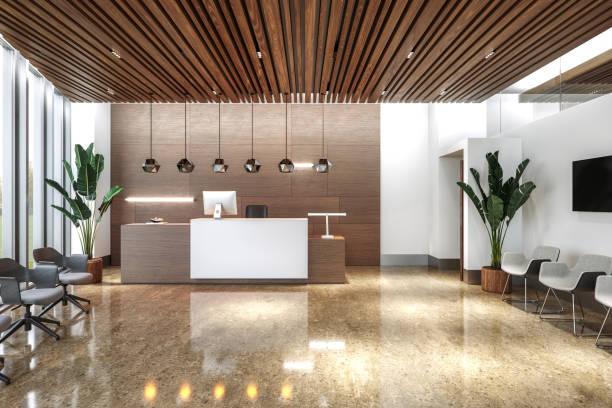In the dynamic landscape of the Philippine workplace, office furniture has evolved significantly over the years, reflecting shifts in design trends, work culture, and technological advancements. From traditional wooden desks to modern ergonomic chairs and collaborative workstations, the Filipino office environment has undergone a remarkable transformation, emphasizing both functionality and aesthetics.
Office Furniture
Traditionally, Philippine office spaces were characterized by conventional wooden furniture, often reflecting colonial influences. Heavy wooden desks and chairs adorned many workplaces, showcasing durability but often lacking in ergonomic design office furniture. These furniture pieces, reminiscent of a bygone era, symbolized stability and permanence but failed to address the evolving needs of the workforce.
Emergence of Ergonomics
As global awareness of ergonomics grew, Filipino workplaces began to prioritize employee well-being and productivity. Ergonomic chairs designed to support proper posture and reduce back strain became increasingly prevalent. Firms recognized the correlation between comfortable seating and employee performance, leading to a surge in demand for ergonomic furniture.
Reception Desk
The advent of technology revolutionized office furniture in the Philippines. With the rise of computers and other digital devices, desks and workstations were redesigned to accommodate these technological advancements reception desk. Cable management systems became essential, ensuring a clutter-free workspace conducive to productivity.
Flexibility and Collaboration
In recent years, there has been a notable shift towards flexible and collaborative work environments. Open-plan offices and modular furniture systems have gained popularity, encouraging interaction and teamwork among employees. This trend reflects a departure from traditional hierarchical structures towards more inclusive and participatory work cultures.
Filing Cabinet
Environmental consciousness has also influenced the evolution of office furniture in the Philippines. Sustainable materials such as bamboo and recycled plastics are being increasingly utilized in furniture production, reducing the industry’s ecological footprint filing cabinet. Companies are prioritizing eco-friendly designs that align with their corporate social responsibility initiatives.
Cultural Influences
The rich cultural heritage of the Philippines has also left its imprint on office furniture design. Indigenous materials and traditional craftsmanship are being integrated into contemporary furniture pieces, adding a unique Filipino flair to workspaces. This fusion of modernity and tradition reflects a sense of national identity and pride.
Adapting to the Pandemic
The COVID-19 pandemic has accelerated trends in office furniture design, emphasizing adaptability and hygiene. With remote work becoming the new normal, furniture manufacturers have responded by creating home office solutions that prioritize comfort and functionality. Height-adjustable desks, ergonomic chairs, and noise-cancelling dividers have become essential tools for remote workers.
The Future of Office Furniture
Looking ahead, the future of office furniture in the Philippines is poised to embrace innovation and versatility. Smart furniture equipped with IoT technology may become commonplace, offering features such as integrated charging ports and personalized comfort settings. Augmented reality (AR) and virtual reality (VR) could revolutionize the furniture selection process, allowing customers to visualize and customize their workspace virtually.
In conclusion, the evolution of office furniture in the Philippines reflects a convergence of global trends, cultural influences, and technological advancements. From traditional wooden desks to cutting-edge ergonomic solutions, Filipino workplaces continue to evolve to meet the changing needs of the workforce. As the boundaries between work and home blur, office furniture will play an increasingly vital role in shaping the future of work in the Philippines.












